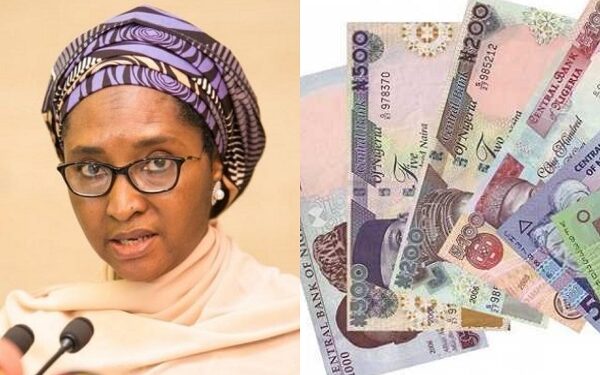Despite promises being reeled out by the presidential candidates in the forthcoming general elections to turn around the economy on assumption of office, most Nigerians believe that the economy is in dire straits, and only coordinated synergy between the monetary and fiscal policy measures could see her through.
The general consensus among Nigerians is that most of the promises are generic and shallow on the needed strategy to address problems of hunger, poverty, insecurity, inflation, mong others.
At the international front, Nigeria is not faring better either as poor ratings may be denying the largest economy in Africa the opportunity to access international markets for the much needed funds to service its burgeoning deficits in her budgets and other needs, according to the Debt Managent Office, (DMO).
Patience Oniha, Director General of DMO said Nigeria must ramp up its revenue generation efforts while seeking alternative sources of funding on a global scale. “We really can’t survive like this,” she said.
The House of Representatives Committee on Aids, Loans and Debt Management on Monday grilled Oniha, over rise in domestic debts totalling N3.3 trillion in 2023.
Rep. Ahmed Safana, the Chairman of the Committee, in Abuja, expressed surprise at the astronomical increase in debt profile of the country through borrowing by the government.
The committee rejected continuous borrowing by the Federal Government.
According to the lawmaker, there is a huge increase in domestic and external debts from borrowed funds by the Federal Government and the DMO is entrusted with role of ensuring frequency of repayment.
He said that there was N1trillion increase in the debt profile of the country in the last one year, while calling on DMO, as relevant agency, to halt the frequency of borrowings.
According to the DG, the domestic debt profile of the country stood at N3.685 trillion and there is another N2.57 billion from external borrowing by government.
“The international markets are not looking for countries with our ratings –B ratings. The invasion of Ukraine by Russia, as you know, turned around things in the world significantly. So, inflation rates are high, interest rates are high and investors are saying there are a lot of uncertainties as to what will happen.
“There is a threat of recession. So, what they have decided to do is to put their money in the G-7 securities: United States, Germany, France, Japan, and so on. Those countries also issue bonds. So, that is where the investors are putting their money and rates have gone up significantly,” Oniha told the parliamentarians.
Two global economic analysts and ratings, Moody’s and Fitch, recently downgraded Nigeria to Category ‘B’ economy.
Speaking on debt service, the DMO boss stated that the government must pay attention to the percentage of deficit in its annual budgets.
ALSO READ:Analysts Predict Nigeria’s Inflationary Pressures Will Continue Q4, Rise To 20.9%, Sept
She said, “We really need to look at revenues. For debt to be sustainable medium term, you must earn revenues. We should not have a budget of N17 trillion and N10 trillion of deficit, and out of that (there is) new borrowing of N8.8 trillion, which is 50 percent of your budget.”











